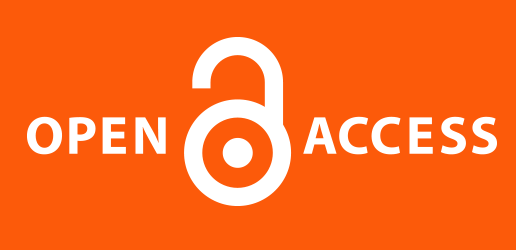The Changing Role of the University TEFL Teacher in Improving the Students Communicative English Skill: From Passive Technician to Reflective Practitioner
DOI:
https://doi.org/10.20372/au.jssd.3.1.2015.043Keywords:
Reflective teachers, Passive practitioner, Communicative English Skills, TEFLAbstract
Prompted by increased concerns about the problems of education quality, this action research was conducted to study the role of the teachers in teaching English as a foreign language (TEFL) to improve the students Communicative English Skills at Ambo University. To achieve this objective, 198 (113 male and 85 female) first year (94) Pre-engineering and (104) Economics and Public Administration (FBE) undergraduate students of the University were purposively selected because the practitioner had been assigned to these particular students. The students were proportionally stratified into Experimental and Control groups based on the result of the pretest , field of study and sex. Both quantitative and qualitative data were obtained from the respondents through lesson observation, achievement test, questionnaire, focused group discussion, recorded classroom teaching observation and teaching material analyses. The obtained results were then triangulated. The study mainly focused on the role of the practitioner as a reflective teacher in selecting teaching materials and planning lessons, implementing it properly, conducting both reflection in- and reflection on- action activities, as the result of the reflections, planning and giving remedial actions to narrow the gaps between the students, and making the process cyclical. The overall result of the study showed that it is possible for the instructor to be a reflective practitioner in teaching the language to students of both natural and social sciences. The reflective teaching strategies adopted were found to have significantly improved the students results,’ leaning power and interest. In contrast to the control group, 70% of the students in the experimental group scored above 75% in the test. However, the low commitment of the students, the large class size and ill-designed teaching materials are some hindrances to implementing the reflective teaching strategies. Therefore, the solution to the problem lies in bringing about improvement on these hindrances.
Downloads
Published
How to Cite
Issue
Section
License
Copyright (c) 2015 Author(s)

This work is licensed under a Creative Commons Attribution-NonCommercial 4.0 International License.









